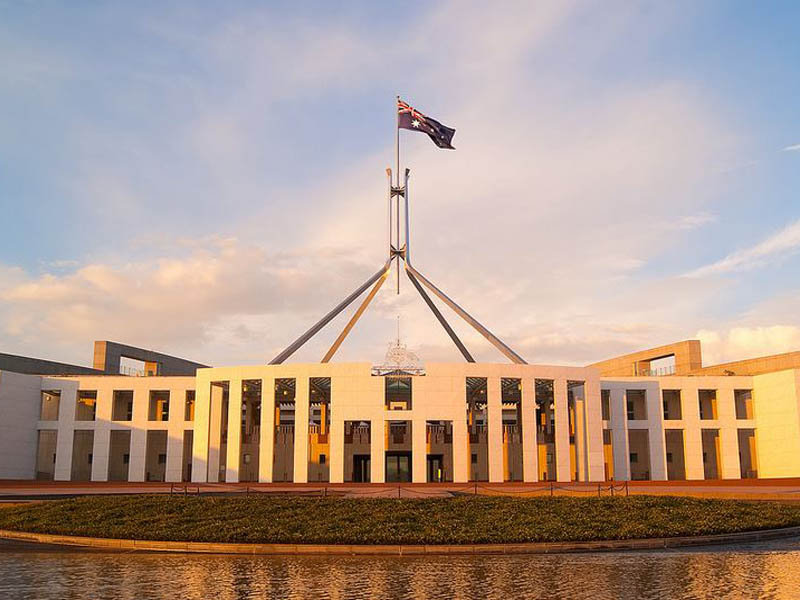Overlooked in the detail of the mainstream battle over the future of the tax system in Australia is a Labor plan to force multinational companies to details their tax arrangements in order to qualify for large government procurement contracts.
It’s a simple tweak of the procurement system, but in the context of the Commonwealth’s $9 billion annual spending on ICT products and services, it is a change that should help level the playing field for Australian tech companies.
The Labor plan would require all companies bidding for Australian Government contracts worth more than $200,000 to state their country of domicile for tax purposes.

Put simply, Labor wants government buyers to be told where the money lands when an invoice is paid, and where the tax on that revenue will be paid.
The plan has been floated previously, most notably during the long-running Senate inquiry into corporate tax avoidance and had been pushed by local tech suppliers like Macquarie Telecom and Sydney-based Squiz, a global provider of advanced digital services.
The inquiry, which tabled its final report on Wednesday, did not specifically include the provisions for government procurement contracts, instead opting for a broader scheme of better transparency.
The committee recommended that the existing voluntary tax transparency code be converted as soon as practicable to a mandatory code for all large and medium corporations operating in Australia – including subsidiaries of multinational corporations.
It also recommended that all companies with a revenue of more than $100 million be required to release tax information of the level specified in the Tax Laws Amendment (Combating Multinational Tax Avoidance) Act 2015.
More specific details of the Labor tax transparency plan for government procurement have not been revealed.
But the thinking behind the original push for greater transparency would have meant that tax implications be considered in the ‘value for money’ equation in purchasing decisions.
It would mean that after all consideration, a government buyer choosing between two alternatives that were equal on price, quality and value for money should then also consider where the tax is being paid by each supplier on revenue generated by the government contract.
The proposed policy does not target technology platforms and service providers, but has a large potential impact on the sector given the ease with which offshore providers of software or platform services are able to structure themselves to engineer a favourable tax outcome.
Australian SME’s have long complained that even modest sized overseas businesses are able to arrange themselves to artificially avoid establishing a contracting entity in Australia in
“It’s entirely appropriate that companies vying for valuable Government contracts should face increased scrutiny over how they manage and structure their tax affairs,” Labor Finance spokesman Jim Chalmers told InnovationAus.com this week.
“While our policy doesn’t target any one sector in particular, it does ensure that multinational corporations are transparent when it comes to revealing where their taxes are paid,” he said.
“The measure wouldn’t preclude any company from bidding for Government contracts, nor would it change the focus on value for money in procurement.”
“Our policy discourages illegitimate use of international tax havens and helps to level the playing field for smaller Australian companies facing potentially higher tax burdens, so they aren’t disadvantaged in the procurement process.”
Do you know more? Contact James Riley via Email.

